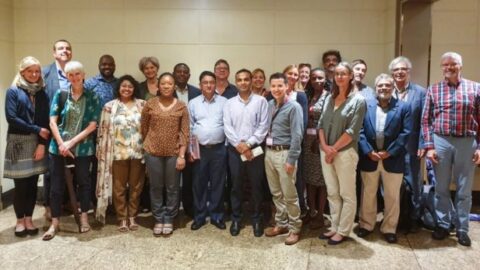
GPZL update – March 2020
Calling all technical experts! The Operational Excellence Working Group has opportunities for technical experts to engage in country programmes towards zero leprosy roadmaps; the GPZL technical support pool; support to the zero leprosy toolkit helpdesk; translate best practices into French and Portuguese; and be involved in one of the research priority groups.
GPZL’s Operational Excellence Working Group was founded to foster the development, use, scale-up, monitoring, and evaluation of best practices and promising innovations in national leprosy control programmes. This group has contributed to establishing GPZL’s Zero Leprosy Toolkit and Country Review tool in the last two years. These products will always be living products in need of regular updates, but work on them will not continue with the same intensity.
Operational Excellence Working Group activities are continuing in 2020. These activities are diverse and sometimes time-bound, and offer opportunities for people to contribute within their field of expertise, interest, and available time. Christine Fenenga, GPZL’s Director of Country Programmes, has recently described the priority areas of work in 2020 and called for people with technical expertise to engage. The priority areas of work include:
- Engagement in Country Programmes: Members living and working in countries where the GPZL engages in country support will be actively involved in various activities, such as the National Leprosy Programme review, Roadmap design, and National Action Plan development. Each year from 2020 to 2025 GPZL will engage in five or more countries, with the aim of developing Zero Leprosy Roadmaps in 30 countries by the end of 2025.
- Providing technical support as a member of the GPZL Technical Support Pool, especially to facilitate zero leprosy reviews at country level.
- Delivering support to the Zero Leprosy Toolkit helpdesk by providing expert advice about how some of the tools can be used. Support is also needed for the translation of best practices into French and Portuguese.
- Engaging with a Thematic Research Group. The thematic areas are: diagnostics; operational research issues; SDR in PEP; and stigma. The link between research and operations is key in defining relevant research questions upon which to base proposals.
Go here for more detail on these opportunities and whom to contact to express an interest.